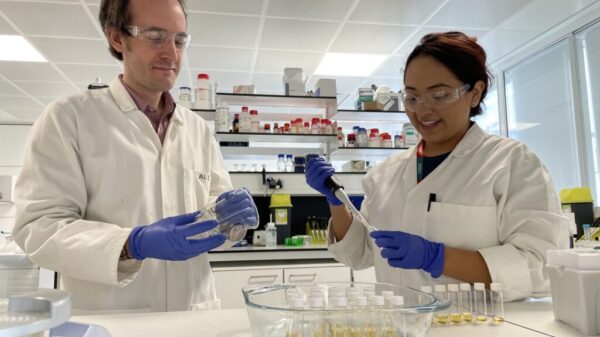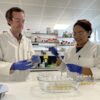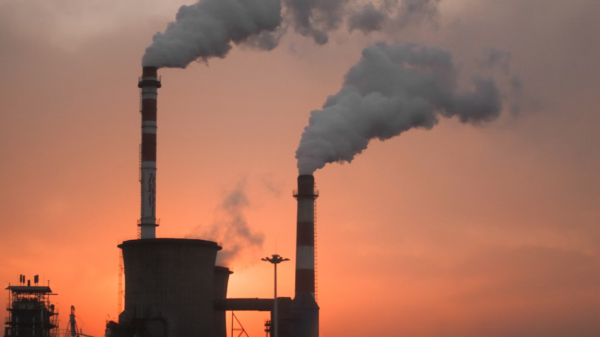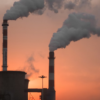

-
-
Flipboard
-
Reddit
/home/roarnews/public_html/wp-content/plugins/zoxpress-plugin/index.php on line 531 -
Pinterest
-
Whatsapp
-
Whatsapp
-
Email
https://roarnews.co.uk/wp-content/uploads/2018/11/plastic.jpg&description=Free from: Plastics', 'pinterestShare', 'width=750,height=350'); return false;" title="Pin This Post"> -
Culture
Staff writer Claire Ducharme takes a look into the developments of slow fashion Australia and provides some tips on how to shop more sustainably....
Interview
Roar Sits Down with Dr. Alex Brogan to Unveil Game-Changing Method to Recycle Single-Use Bioplastics
Researchers at King’s College London (KCL) have pioneered a ground-breaking method for degrading and recycling single-use bioplastics. Roar sat down with Dr Alex Brogan...
Comment
Staff writer Kayla Rahaman examines King’s College London’s sustainability efforts in the context of a worsening climate crisis internationally. 2023 marked the hottest year...
News
Roar sat down with Professor Frans Berkhout, who was appointed inaugural Assistant Principal for Climate and Sustainability in February 2023. Dr Berkhout discussed King’s College...














